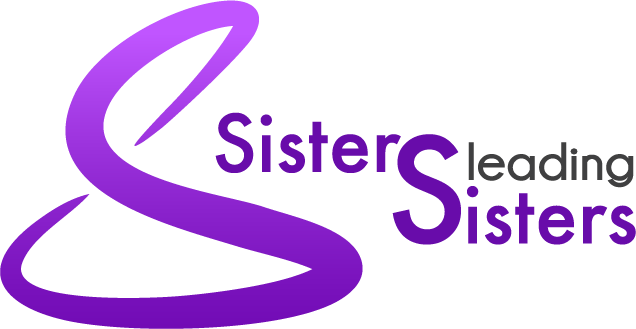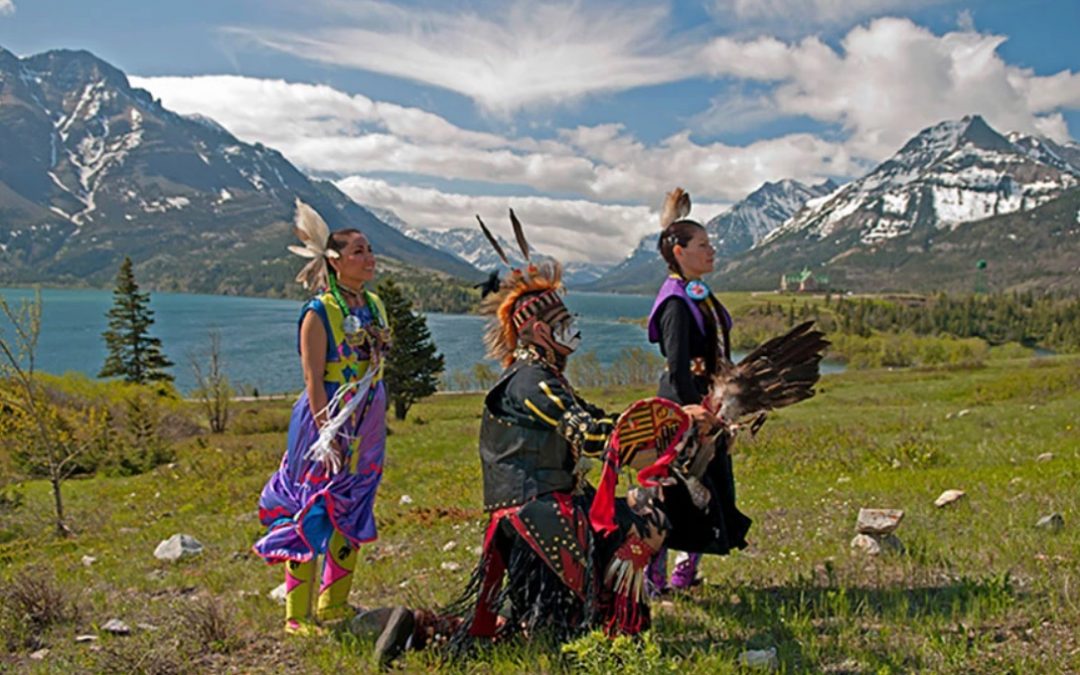Do you know whose lands you live, work and play on? Do you give thanks and honor the people and the lands?
What do you do to be in allyship or accompliceship with the indigenous peoples of where you live and/or where you travel to? As someone who is from a displaced history and also from the indigenous people of Caribe, there isn’t a place in this world where I travel to and don’t research the history of the indigenous folx and find out a few of their traditions and some of their history. If we want to continue to travel the world over it’s high time we take responsibility for knowing the truth about where we are traveling to and whose land we are on. Indigenous rights are human rights! IT’s that simple.
“If we want to make travel better, if we ourselves want to be better and be good allies to Indigenous communities, we must ignore our discomfort and decide to take the journey to allyship. This part of your allyship journey is as simple as scrolling down and reading the rest of this piece, but in the future, it may be harder and become more uncomfortable. Your allyship to Indigenous communities will require you to take action, to speak up, to take risks for the betterment of Indigenous peoples, in tourism and beyond. That’s what allyship is: being uncomfortable and still doing the right thing.

